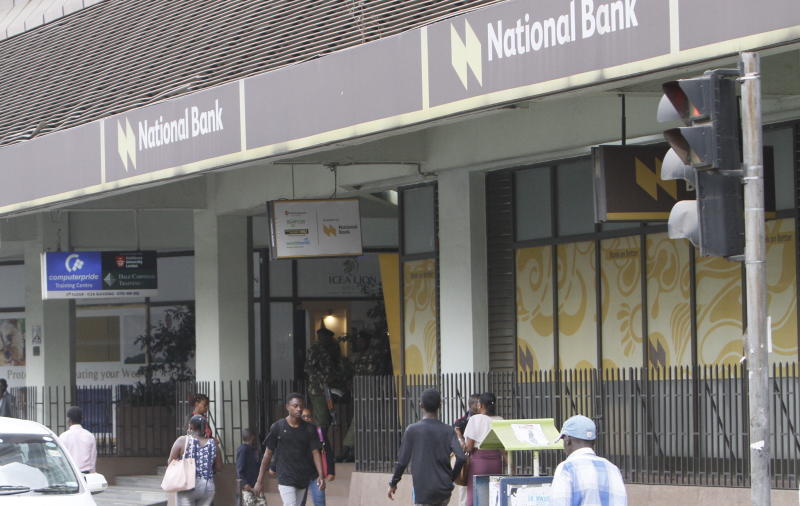×
The Standard e-Paper
Read Offline Anywhere

Consolidation is here with us. More banks are trying to cut deals behind boardrooms for mergers and acquisition as running operations become difficult.
Just a few years back, the Government had sought to compel banks into forced marriages arguing that the country had too many lenders.